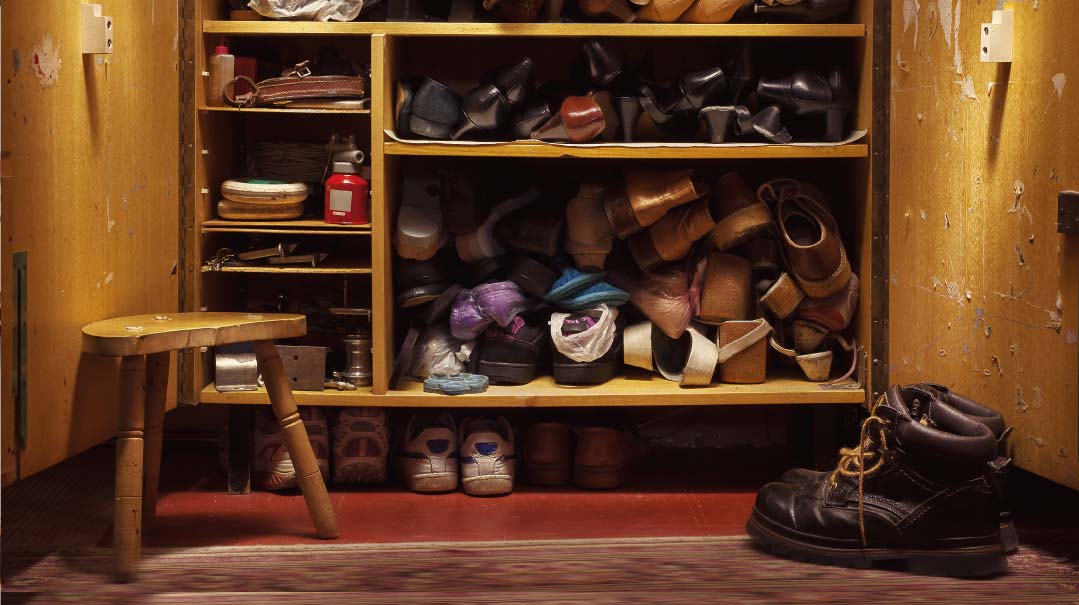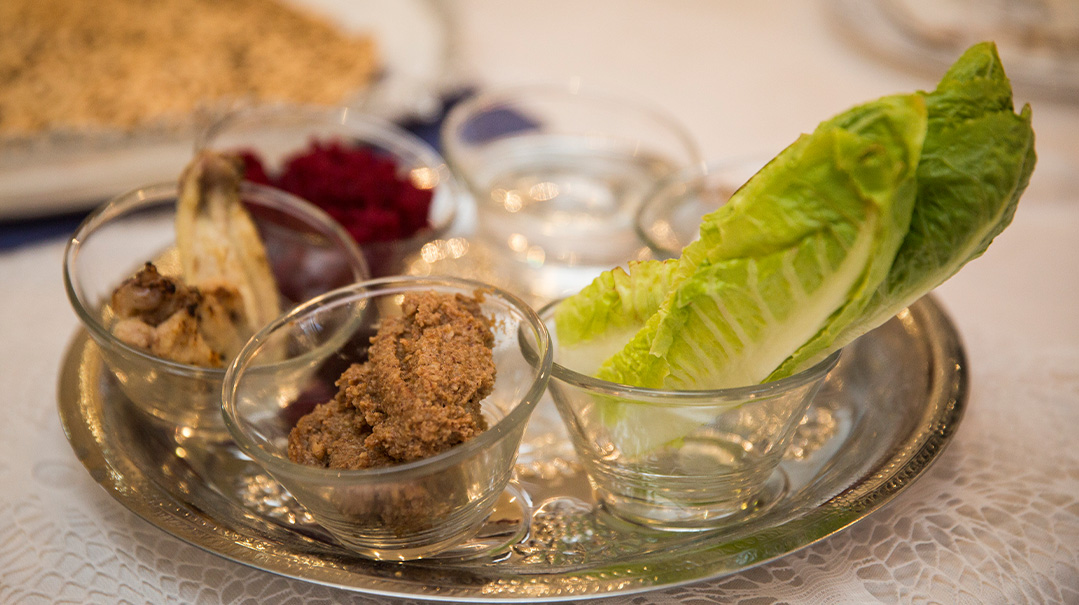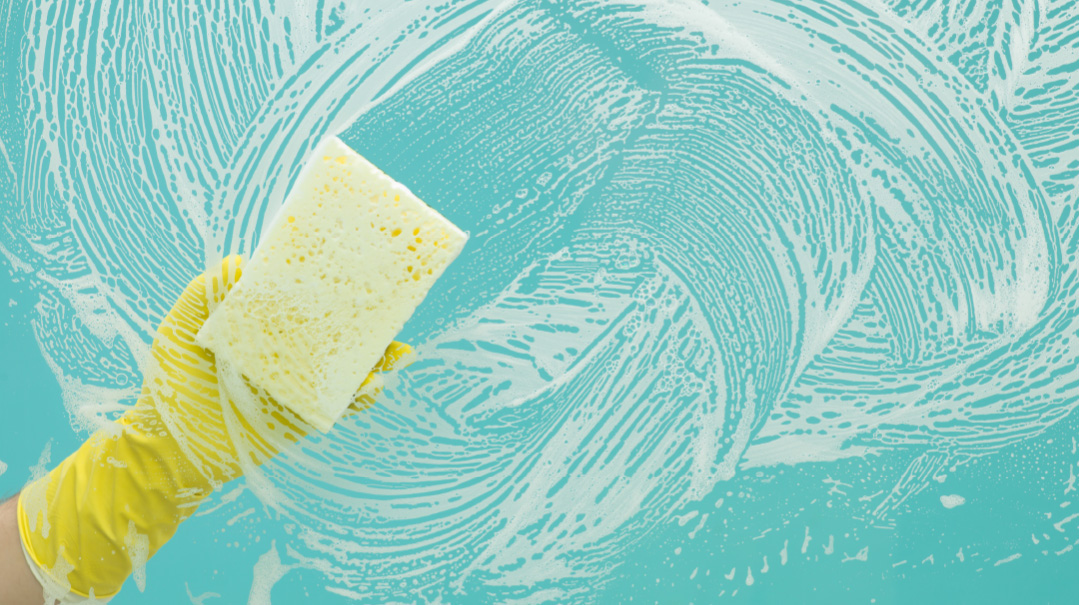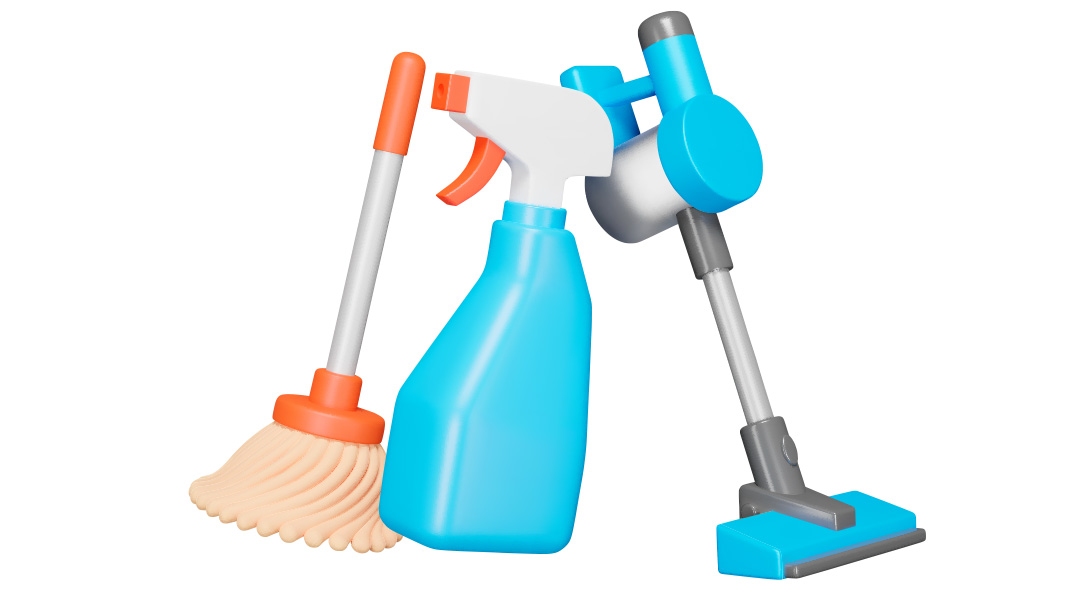In Her Shoes
| November 16, 2021My shoes! You’re wearing my shoes!

Maisie Hapfer used terms like “thrice” and “literally” and “erstwhile” as often as possible. She felt a melancholy affinity for words that were dying out.
It didn’t matter that people still said some of them, cobbled to new, cheap definitions — new words, named for the old ones. They still bandied the sounds around, but the words themselves, their souls — they didn’t need them anymore. Soon they would die.
Maisie struggled to keep them alive.
The nurses at Golden Common Nursing Facility found it amusing. “Old fashioned,” Nurse Ruth called it with patronizing fondness.
Old ones go, it’s the way of the world, Maisie sometimes thought when she lay alone in her room, with only dying words buzzing weakly in her head for company. It’s futile to fight it. Yet Nurse Ruth’s condescension spurred her to keep using her words.
“How are you feeling today, Maisie dear?” Nurse Ruth trilled as she bustled in. Maisie just raised her eyebrows in response. Nurse Ruth never waited for replies anyway.
But as Ruth kept up a running patter while taking Maisie’s temperature, a sudden movement in the corner of Maisie’s eye caught her attention.
“Hey! Who let you in?”
Ruth spun around, bumping the med cart, and pressed a hand to her heart. “Oh!” she said. “You really mustn’t do that, Maisie dear, you could have given me a —”
“Who let him in?” Maisie demanded, feeling her heart beat harder than it had in weeks.
A man stood docilely in the corner of the room, half hidden by the door. With a ring of bristly hair round a bald pate, he reminded Maisie of a large, whitish thistle. He was wearing Maisie’s custom-made orthopedic shoes, which had been sitting on the floor in that corner, as if he had miraculously materialized in them.
“Let who in, Maisie dear?” Ruth asked, looking puzzled. The man didn’t so much as glance over his shoulder at their voices.
“That man wearing my shoes!”
But although Ruth looked at the shoes, her face remained puzzled. “You must have seen someone pass by in the corridor,” she said, laying what was probably intended to be a soothing hand on Maisie’s. “Your shoes aren’t—”
“Get out of my shoes!” Maisie threw her off and scrabbled on her bedside table without taking her eyes off the man. Coming up with a handkerchief, she snapped it briskly at the corner — once, twice, thrice. The man didn’t budge.
“Maisie dear, you mustn’t get worked up.” Ruth fluttered uncertainly next to the bedrail. “Goodness, you’ll get me fired yet—”
“Now, now,” came Matron’s voice from the hallway, as if she’d sniffed the word “fired.” “What’s all the hullabaloo?”
“Beg pardon, Matron,” Ruth said, spreading her hands. “It’s Maisie, see, she thinks someone’s in her shoes!”
“In her shoes?” Matron said, giving the offending footgear a glance as baffled as Ruth’s. “What’s this about, Nurse? I do hope you’ve minded my instructions and kept the doors closed. If there’s a nest of mice in there, we won’t know the end of it.”
“Not a mouse,” Ruth began. “A — a man —”
“Will one of you get — him — out!” Maisie bellowed, and Ruth and Matron jumped.
“Heavens!” Matron said. “Mrs. Hapfer, please! Residents are trying to rest. Now, what is the fuss about? Get who out?”
“The man wearing my shoes!”
Matron’s face softened and Maisie clenched her nails into her palm. “Mrs. Hapfer, why do you think there’s a man wearing your shoes?”
“He’s there,” Maisie said, finally tearing her eyes from the odd apparition. As her eyes met the two compassionate faces looking back at her, though, she glanced uncertainly at the corner.
There stood the man, as solid and definite as her own self, but seeming just as oblivious of the others in the room as Ruth and Matron were of him. In fact, he seemed to think himself somewhere else altogether, making odd motions as though he were paging through a book, sitting down — on thin air. Maisie closed her eyes, feeling sick.
“Put it on her chart,” Matron was saying, reaching for Maisie’s wrist and taking her pulse. “I’ll have Dr. Cloates come by this afternoon. He’ll likely want some tests run at Bookers’ Medical, see if you can’t get her an appointment for later today. We don’t want to end up having to go through the ER.” She nodded once as though confirming the practicality of her own plan and strode out, rubber soles squeaking.
“You’ll be all right, Maisie dear,” Ruth said, patting Maisie’s loose-gowned shoulder. “Don’t you worry, Dr. Cloates—”
“Will you stop giving me claptrap about the doctor and just show this fellow the door?” Maisie blazed.
“Oh, Maisie dear, I don’t—” Nurse began, and then, with a pitying smile, turned to the corner. “This way, please, sir,” she said. Picking up the shoes — the man floating absurdly up from them — she slipped them quickly into the cupboard, beside the other pairs lined up there. “There we go,” she said cheerfully. “All better!”
Maisie lay back down and stared at the ceiling.
At eight each night, the staff chivvied the residents into bed. Each time Maisie had crept past the nurses’ kitchenette afterward and seen the coffee parties going on there, she’d felt like a student in an upside-down boarding school, where the youngsters ran the show and sighed in relief when they got their teachers quietly into bed at last.
Tonight, she was glad of the dim yellow light that lit the purple-gray corridor like a moonscape. Glad the nurses didn’t leave them in the dark. Maisie Hapfer, who’d first been labeled “feisty” at age two, didn’t want to be alone in the dark tonight.
Not with the muted voices coming from her cupboard.
Carefully, fingers feeling thick and clumsy, she separated her call button from the wall and curled it in one palm, picked up a crutch in the other. She had never known a fear like this in her life — literally. Easing her legs off the side of the bed, she stood, and made her way toward the flaking door.
She heard the voices somewhat louder here, and — ringing? clattering? was that laughter? — crept out from the crack between the cupboard doors like the ominous snickering of hyenas. Maisie raised the crutch shakily over her head, and, in a fluid motion more worthy of her 20-years-younger self, flung the door open.
Like a flood breaking down a dam wall, the voices turned into a babble that rushed out at her. Jaw dropping, Maisie stepped back, the call button dropping from her numb fingers.
They filled every pair of shoes in the cupboard, but seemed unaware they were there. The man in the orthopedic shoes that she’d seen earlier that day stood between the hanging clothes, a purple sleeve draped over his head, holding an invisible — broom? rake? — and sweeping it rhythmically back and forth.
Beside him, a young woman with the face of a baby, rosy dimpled cheeks and all, flicked one hand rapidly back and forth over the other as though peeling potatoes, holding a giggly conversation on an invisible phone, her feet tucked into Maisie’s frowsy old sneakers, the ones she’d worn when she could still go for walks in the park.
Behind them, an older woman — though she must still have been in diapers when Maisie was finishing high school — wearing Maisie’s comfortable slippers, was perched on what could only have been an invisible physio ball, rolling back and forth, wheezing, “Only nine more, she says. Nine more!”
Then Maisie jumped, physically jumped, because there, being bumped every now and again by the physio lady, was a familiar face. Sarah! What was Little Natie’s wife doing in her cupboard, and in Maisie’s good Chelsea boots? She seemed unconscious of the bag of mothballs nestling against her shoulder, of the older lady muttering “nine more!” in her ear, and of her slack-jawed mother-in-law.
Sitting in front of Sarah, a young girl, perhaps 25, pecked industriously at a keyboard only she could see, head tilted towards her shoulder as she gabbled, Maisie’s elevator shoes dangling while she bounced one leg. And contorted sideways on a narrow shelf, a woman in a babushka scarf and Maisie’s oxfords held invisible produce up to the glow from the hallway and tucked it laboriously into an invisible basket.
“What are you doing here?” Maisie cried.
The rake man and the potato peeler looked up for a moment but didn’t seem to see her.
“Nurse!” Maisie pleaded.
No fellow human broke the bleakness of the moonscape corridor.
“Who are you?” Maisie addressed the rake man, shouting. “Who are you?”
His eyes focused and his bristly brows lifted as he seemed to see her. “G’day, ma’am.” He lifted one hand to his checkered cap. “What can I do f’you?”
“Who are you? What are you doing here?”
He looked round but the puzzlement on his face told Maisie he saw something besides the cupboard. “Well, raking the lawn, ma’am?”
“Which lawn?”
“This’un, ma’am? Browner Heights front lawn?”
“Browner Heights?” Maisie took a step back and stumbled on the crutch. She lurched forward, grasping the cupboard door with trembling fingers.
“You quite fine, ma’am? Hm… ambulance?” He reached to steady her and Maisie swerved from his hand, fearing she would be sucked into his bubble of warped reality.
She breathed, through memory shards jagging in her throat. “I… used to live in Browner Heights.”
The prickly brows hiked up again. “Y’did, ma’am? That’s interesting. Which apartment?” He leaned on what must have been the rake, a grotesque posture for anyone who couldn’t see it.
Maisie swallowed her repulsion. “Are… do you always rake?”
The man tilted a brambly chin; the purple sleeve slid across his face and he brushed it away like a fly. It landed over his shoulder. “Well’m, I do. Not sure what’s it to you, but yes I do. A favor for the neighbors, like?”
“I did that,” Maisie said. She said it again, louder. “I did that! I… it was my job!”
“Well, that’s nice, hm.” He shrugged, the sleeve hitched on his arm. “Like I says, I do it now.”
Without warning, a film fogged his eyes. He froze, then resumed raking, whistling indistinctly through his teeth. Maisie flagged against the cupboard door and held on with both hands, but he clearly didn’t see her anymore.
“What?” Maisie begged. “How…?”
Sarah seemed to hear her, because she swung sharply in her direction. “Mom! What… how — here! What are you — how did you get here?”
“I’m always here.” Maisie wrapped both hands around the cupboard handle. The call button lay on the carpet a million miles away. “What are you doing here?”
Sarah wrinkled her lips. “Uh, Mom, this is my kitchen. I was just… supper… and you, uh, arrived. Do you want to lie down? I’ll call the — I’ll call someone to help you. How they let you on a plane, it’s—”
“Don’t play games,” Maisie snapped, still sagging against the cupboard door. “You’re in my cupboard, you can’t cook supper there, that’s ridiculous!”
“Look,” Sarah said very slowly, “turkey steaks.” She tilted an unseeable dish at Maisie. “Creamed potatoes.” Another tilt. “Israeli salad.”
“But that’s — it’s his favorite supper!” Maisie reached for the invisible food but only swiped a coat hanger. It slid from its post and tangled in typing-girl’s necklace. She clattered on, oblivious. “That’s my special supper for him. I — I’m his mother!”
“Mom,” Sarah said, gently.
Sarah never spoke gently.
“Mom, I’m his wife. Nate’s wife. I’m calling the doctor, okay? We’ll sort this out.”
She reached for what she must have thought was a phone, then froze, and her eyes filmed over. But Maisie had scarcely blinked before the lady on the physio ball called stridently, “Hey! Excuse me! I’m in session now! Wait outside for your turn.”
“Outside where?” Maisie touched a trembling hand to her temple. “This is my room.”
“Mira!” the lady turned on her physio ball and almost lost her balance, flailing for the chipboard wall of the cupboard. Righting herself, she spoke to a green jacket over her left shoulder. “Mira, please ask your next client to wait outside!”
“I’m not… Mira’s not my physiotherapist anymore,” Maisie said, unsure why she was saying it. Erstwhile. My erstwhile therapist. Somehow, getting a dying word into this context slowed the sickly-fast thrum of her heart a little. “But give her my regards. She always said I was her favorite patient — though I expect she says that to you now.”
Before physio-lady could reply, the baby-faced girl peeling potatoes gave a slightly alarmed squint at Maisie and stopped peeling. “Anshuldigt? How did you get in?”
Maisie just shook her head.
“Are you okay?” The girl sounded more worried now. “Was the door open? Do you need me to call someone?”
“I’m not even going to ask.” Maisie curled one arm around herself, as if it could keep her safe. “You must be cooking meals for Refu’ah.”
“I — how did you know?” The girl flinched, as if Maisie were a ghost. “You’re not the driver, are you?”
“No,” Maisie said, infinitely weary. “But I used to cook Refu’ah meals. And now I don’t.” She didn’t say they don’t need me anymore. She didn’t say Refu’ah exists even without me. She didn’t say no one’s going hungry.
The girl pushed away from an invisible table without budging her eyes from Maisie and called, “Moish?” in a trembling voice. Then she looked unseeingly in Maisie’s direction, gave a quizzical twitch of the mouth as if trying to remember what she’d just been doing, and went back to her peeling , giggling quite unconcernedly.
“Scuse me?” someone croaked inches from her snood, and Maisie lurched. The elderly babushka leaned out from the sweater shelf, so close that Maisie could count the hairs in her sparse white moustache. She recoiled.
“Scuse me? You know where they heving the sweet potatoes?”
“In the grocery store,” Maisie said, intending to snap but wheezing instead.
“Ye-es,” the babushka said, eyeballing her. Sideways, her red-traced eyes looked menacing. “Which row, I is asking.”
Maisie had a sudden vision of the babushka plodding sideways off the shelf through the thin air under her ceiling on her way to the nonexistent sweet potatoes. “Michaelowitz doesn’t sell sweet potatoes!” she said sharply. “Go away!”
The lady didn’t seem fazed; the puckers around her mouth spread in a yellowing grin. “I shop here anyway,” she confided in a hoarse whisper, hand to the side of her mouth. “Michaelowitz, he don’t be selling too many things. No sweet potatoes, no rosemary, no cinnamon sometimes. Imagine! A grocery, not heving cinnamon! But nebbech, he needing the gelt. Everyone, they buying at the big place — the co-op! Michaelowitz, he needing the customers.” She nodded firmly. “I buying here.”
Michaelowitz doesn’t need you, Maisie almost said, pityingly. I’m gone, and see? He’s still around.
“Go to the co-op for sweet potatoes,” she said, but the babushka, rummaging through her basket, didn’t seem to hear.
“Do you have an appointment, ma’am?” the girl in Maisie’s platform shoes said suddenly.
“For what?” Maisie asked, with a premonition that the girl confirmed.
“For Doctor Sherkin. Emergency drop-ins only between —”
“Eight and nine a.m.; otherwise make an appointment or go to the emergency room,” Maisie finished together with the secretary.
The girl sized her up. “That’s right,” she said at last.
“I was Doctor Sherkin’s secretary for years,” Maisie explained, swaying unsteadily.
The girl broke into a grin. “Well, look at that! Did you come back to see him or just to have a look round?”
“Neither,” Maisie said. “I came, I suppose, to see you.”
The girl gave her an odd look and opened her mouth to reply.
And then — Maisie didn’t know how — the foggy screen between her and the cupboard intruders distorted, and they all flickered and wavered, coming through to her side for a few seconds, sliding back, talking over and under each other, a cacophony of sideswiping worlds.
“I — can I help you, Ma’am?”
“Doctor Sherkin’s office, Raizy speaking, how can I —”
“Six more — back again?!”
“Scuse me, you heving any sweet potatoes?”
“Lady, what you doing here?”
“I can make four meals tonight, when will the driver — Moish? Moish!”
“Still here, hm, ma’am? What you need, then?”
“Do you have an appointment, ma — Doctor Sherkin’s office, Raizy speaking, how can I —”
My shoes! Maisie cried soundlessly. You’re wearing my shoes! Natie’s mom — Doctor Sherkin’s secretary — Refu’ah meals — My shoes!
“Give them back!” she screamed.
The interlopers hushed, swiveled as one to goggle at her.
Maisie let go of the cupboard door and rushed at them. “Those are my shoes! Give them back!”
As she reeled into the closet, a welter of bubbles burst against her face. For a moment, something soft and cottony brushed her temple; then she stood in clear, nippy air.
Alone.
To her left, ocean. Moonlight, sapphire and milk, roaring crescendo, meringue foam waves. Moving, moving, no two seconds the same.
Beneath her, sand. Soft, soggy. Sigvaris socks, twisted arthritic toes. Grainy, shifting, reforming seashore.
Unbidden, Maisie ran.
It had been years since she last ran.
Now she ran again. Alone, no shoes.
They had filled all her shoes. Natie had his suppers and laundry. Doctor Sherkin had his secretary. Michaelowitz had his loyal grocery store patrons. Browner Heights had its front lawn raked. Mira had a favorite physio patient. Refu’ah had their meals.
Maisie could turn to vapor. Maisie would turn to vapor, soon. Like thrice and erstwhile, they would name a stranger after her, a great-grandchild she’d never know. They wouldn’t wear her shoes, chalilah, if they ever got them back, but they may as well.
The ocean howled.
My whole life, Maisie howled back. And already, they’ve filled all my shoes.
The ocean hurled water skywards, it crashed back down in violent protest, and that was it — the wave was gone, never to return. Nothing left behind.
Beautiful, though, a voice said behind her back.
Maisie spun around.
It was there, the voice insisted, again from behind her back.
“But my shoes!” Maisie railed at the heavens suspended between swathes of frosted cloud.
But your footprints, the voice said quietly, inside her heart.
Maisie sank to the chilly sand and wept.
Maisie, the voice whispered from over her shoulder, look there.
Maisie raised her head.
Far in the distance, her shoes stood in a row. Amorphous figures wavered and trembled over them, changing and distorting. She gave a cry of despair.
No, the voice urged, behind you, see what you left behind.
She turned.
As far as the eye could see, footprints indented the beach, tracking the sea line, smooth impressions weaving back and forth in the sand.
(Originally featured in Family First, Issue 768)
Oops! We could not locate your form.






